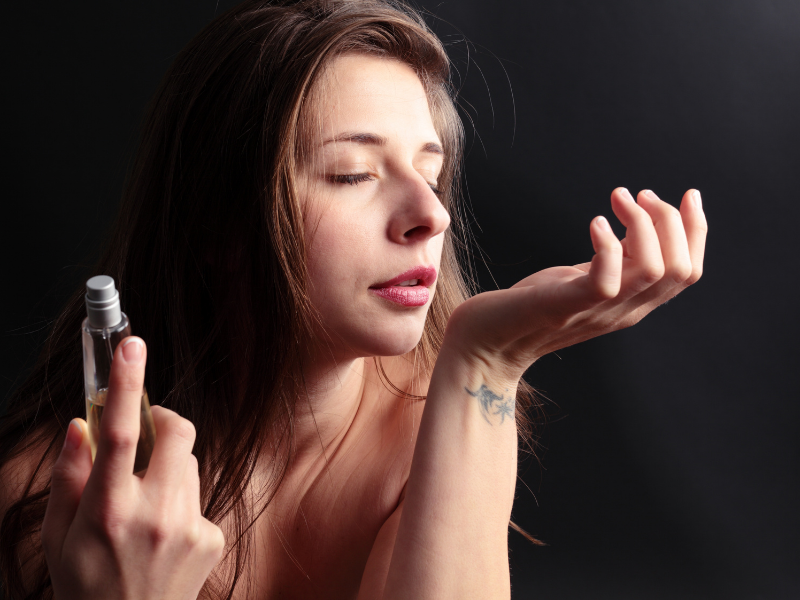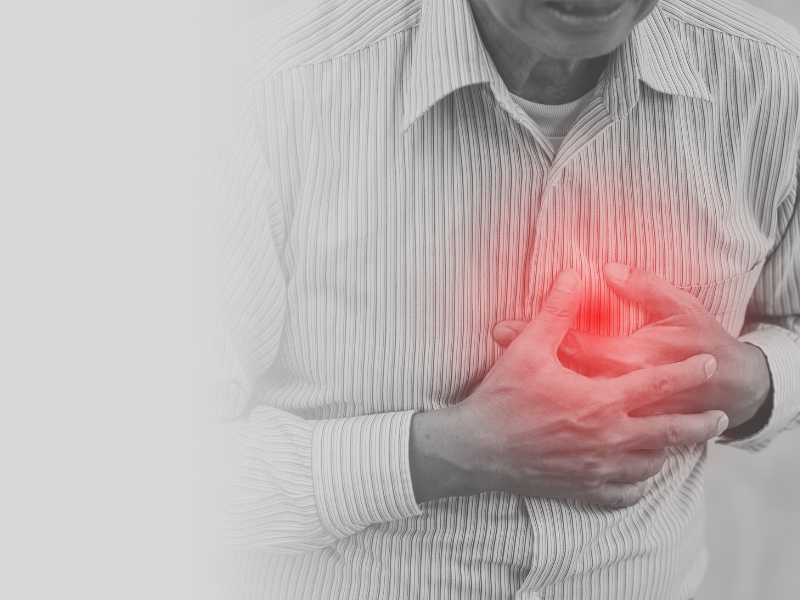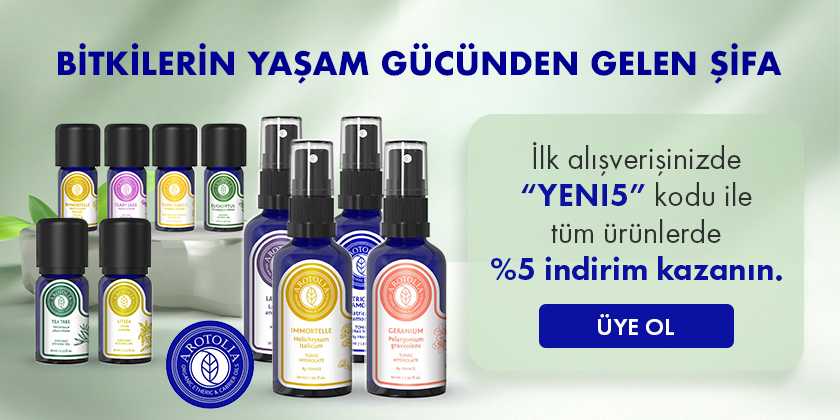
A Short Nap with Lavender
Aromatherapy is the use of essential oils obtained from aromatic plant extracts by special methods.
in the management of symptoms associated with diseases and in supporting the general health of the person.
It is a type of complementary therapy applied by certain methods. Most commonly used in aromatherapy
essential oil is lavender oil. Even looking at the history of aromatherapy,
even its emergence is based on lavender. In 1930, a man named René-Maurice Gattefossé
The chemist accidentally burns his hand while working in his laboratory and panicked
It puts the lavender oil in the cauldron. Good for lavender burns after a while
He discovers that he is coming, and the story of the emergence of aromatherapy begins.
Lavender oil helps to relieve many symptoms, especially stress, anxiety, sleep disorders.
used in management. Showa University School of Medicine in Japan in 2021
A study published by the Department of Physiology, applied with lavender essential oil.
discussed the effects of aromatherapy on sleep quality in short-term sleep. It
sleep performance according to research; such as physiological activities, cognitive function, mood
It directly affects many factors that are the building blocks of health. Even for short periods of time
Many reports on the beneficial effects of sleep have been published, and accordingly, some workplaces
certain times for employees to take a nap during working hours.
they have known. Especially health personnel who keep watch at night or who drive for a long time.
In certain professions, such as drivers, this is critical. Beneficial effects of taking a nap
Although it changes depending on the duration of the job, it increases the job performance and reduces the psychological stress.
known. A 20-30 minute nap improves attention and work performance.
It has been reported that a person can go to deep sleep in a minute nap. So 1 hour
In terms of memory or perceptual skills, a healthy and quality sleep can be compared with 8 hours of sleep.
reported to have the same learning effect. But daytime naps exceeding 90 minutes
It has been reported that by starting the reverse process, it triggers the risk of cardiovascular disease.
Many people suffer from chronic sleep deprivation or various sleep disorders. Asleep
There are a number of drugs available to facilitate diving or prolong sleep time.
But these drugs may not always improve sleep quality and are often addictive.
Because of the risks of side effects, sleeping pills may not be determined as a safe treatment for every patient.
In this case, with almost no risk of side effects and powerful effects on sleep
Aromatherapy may be preferred as an alternative treatment.
Lavender is one of the essential oils used for sleep treatment. Lavender essential oil
Its components are substances such as linalyl acetate, linalool and geranyl acetate. These components
Thanks to lavender, antibacterial, anti-inflammatory (anti-inflammatory), analgesic (pain reliever),
It shows antistress and sedative properties. In addition, lavender accelerates the onset of sleep and sleeps.
It is also known to improve quality. According to a 2005 study (Goel et al.)
Lavender, taken by inhalation, increases the slow wave, that is, deep sleep. 2010
Another study (Arzi et al.) in
It shows that it reduces the frequency of waking up.
12 people between the ages of 27-45 participated in the aforementioned research in Japan.
created. All 12 people did not have a basic disease, asthma and drug prescriptions and did not smoke.
they were not using. A preliminary experiment was conducted before the main experiment. The lavender used in this preliminary experiment
It was observed that the high concentration of oil can awaken the subjects. According to this
Lavender oil was prepared by determining the optimum concentration. The main experiment was while the participants were asleep.
giving the lavender essential oil prepared with the help of a diffuser into the room and an EEG device
observing the slow wave patterns of the person (giving information about deep sleep) with
was based. For the main experiment, patients were divided into 2 groups as aromatherapy and control. Both
group also followed the procedure described, but in the control group water was used instead of lavender oil.
Thus, what results are achieved in the presence and absence of aromatherapy under the same conditions.
would be comparable. The experiment was repeated by swapping the people in the two groups, so that the person
subjective results were eliminated. A week or two was waited between the experimental days.
This was the washout period for the participants so that the results of the previous experiment could be used for the next.
effect was avoided. Participants drink alcohol or caffeine before experiments and tests
they did not consume. Saliva from each participant just before going to sleep and after waking up
samples were taken and cortisol, alpha-amylase and CgA levels were determined. Also before bed and
Then, with the help of a scale that evaluates the emotional state, the participants' short-term psychological
conditions were analysed.
Activation of the brain's HPA axis (hyothalamic-pituitary-adrenal axis) stimulates cortisol secretion.
supports. Alpha amylase, salivary under direct stimulation of the sympathetic nervous system
secreted from the glands. CgA is found in cells containing secretory granules of sympathetic nerve endings.
is found. CgA secretion is not associated with physical stress load, but mental
increases with a stress load. The results of all these parameters were analyzed. From the interesting results
some, cortisol and alpha-amylase levels in the presence or absence of lavender aromatherapy
was the decrease. This result indicates that the nap made during the day can affect the endocrine and sympathetic nervous system.
It is an indication that it can cause an antistress effect by suppressing the excitement of the nervous system.
Alpha-amylase and CgA secretions are reflections of changes in the sympathetic nervous system. Lavender
After inhalation, these were significantly suppressed. This result indicates that lavender aromatherapy
The sympathetic nervous system has a greater influence on the stress response than the endocrine system.
shows that it has an inhibitory effect. Rate of change for each token lavender
cortisol secretion as assessed in the presence and absence of aromatherapy
slowed down after aromatherapy.
In summary, the results obtained from all analyzes suggest that lavender aromatherapy can be added to short-term sleep.
Thus, a brief session with lavender can improve sleep quality.
that naps have the potential to act on the brain like a long night's sleep.
showed!
SOURCE
Influences of Lavender Essential Oil Inhalation on Stress Responses during Short-Duration
Sleep Cycles: A Pilot Study, 2021
An Olfactory Stimulus Modifies Nighttime Sleep in Young Men and Women, 2005
The Influence of Odorants on Respiratory Patterns in Sleep, 2010



